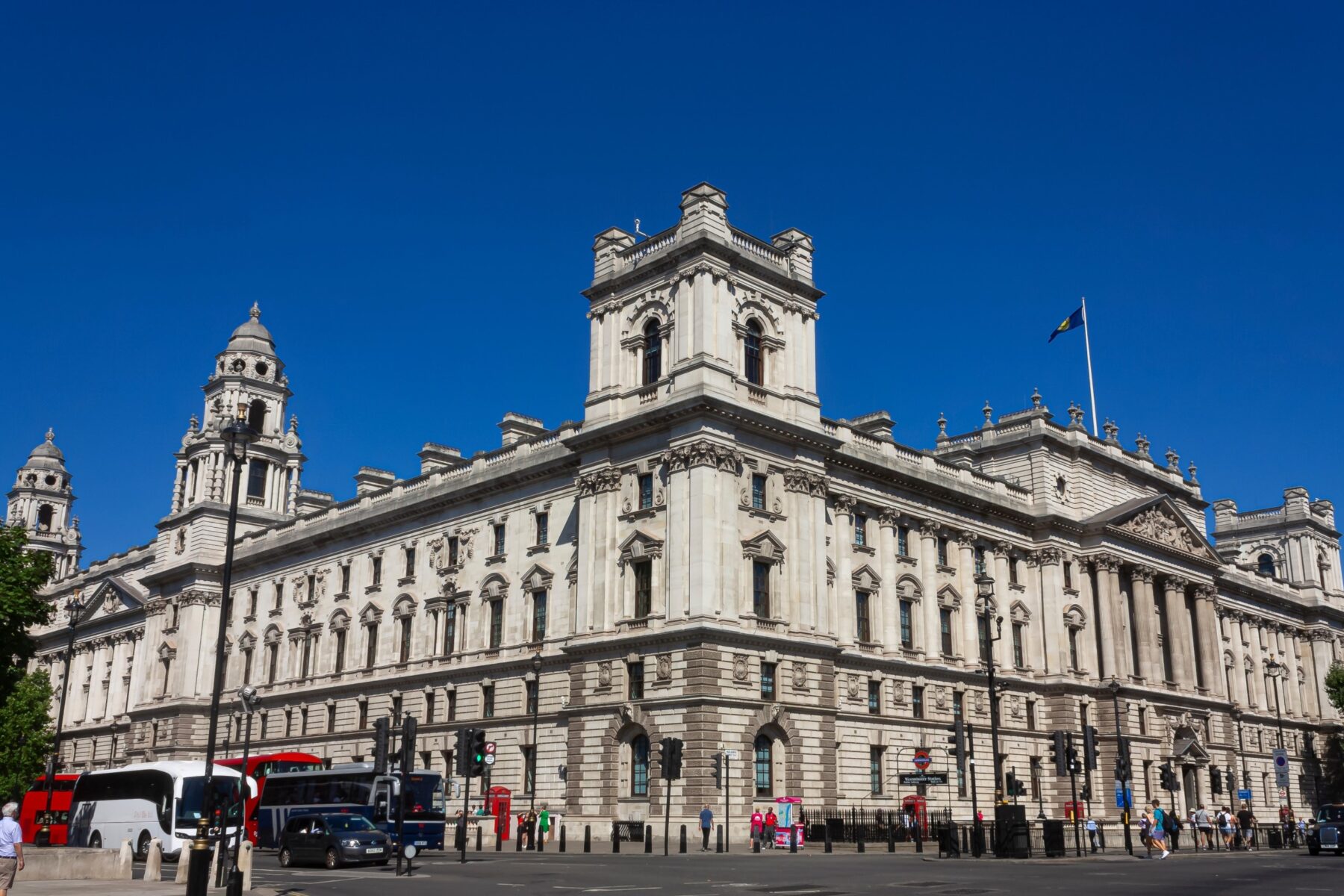The Academy of Social Sciences has begun a new project which aims to understand how scientific evidence – including that from the social sciences – can be utilised better in policymaking and implementation, across UK Government, to help provide better outcomes for citizens.
The UK faces an increasing number of complex challenges, from climate change adaptation and social inequalities, to rapidly developing new technologies and the cost-of-living crisis. These grand challenges facing society all relate to and have an impact on people, behaviours, place, society and economy in one form or another. Social scientists have an important role to play owing to their evidence-led insights into each of these areas, an understanding of the interconnections between them, and practical expertise of ‘what works’.
The opportunity to harness such socio-economic evidence and insights more fully was highlighted in a recent Institute for Government report, whose recommendations included that, “The Treasury and the rest of the centre of government should ensure that there is a more organised process to draw in socio-economic advice from outside government” and that stronger, more formal networks with external experts should be developed “to help ensure that the most relevant, up-to-date evidence informs policy making.”
The Academy of Social Sciences’ new project aims to help deliver better outcomes for citizens through a strong social science voice within a broader evidence-led policymaking and implementation process. The project will explore structures, approaches and mindsets in UK Government and the potential opportunities for better harnessing social science evidence more fully, consistently and effectively.
Dr Rita Gardner CBE FAcSS, Chief Executive of the Academy of Social Sciences, said, “The Covid-19 pandemic illustrated the importance of robust and objective evidence from across all disciplines – including the social sciences, STEM and the medical sciences. If the UK Government can learn from that experience, and others, and harness up to date, robust and objective social science evidence more fully, we think it will improve outcomes for people affected by policy decisions. The first step is to understand the structures, approaches and mindsets which exist, by consulting widely with colleagues in and beyond government, and looking at what might be learned from other jurisdictions and countries. We start with an open mind as to the project’s final recommendations.”
The Academy project will be led by Dr Rita Gardner, Professor Bobby Duffy FAcSS, Executive Committee member, and Dr Ed Bridges, Head of Policy and Public Affairs. We have commissioned Jonathan Breckon FAcSS, of Breckon Consulting, working with Stephen Meek, of the University of Nottingham (working in an independent capacity), to work in close collaboration with the Academy to conduct research and gather insights into the current structures and processes which utilise evidence in policy and decision-making in Whitehall, and to identify possible ways of making such systems more effective in the future. They bring much experience of working for, alongside, and of advising the UK Government.
The Academy of Social Sciences thanks the major donor who has contributed funding to this project.
